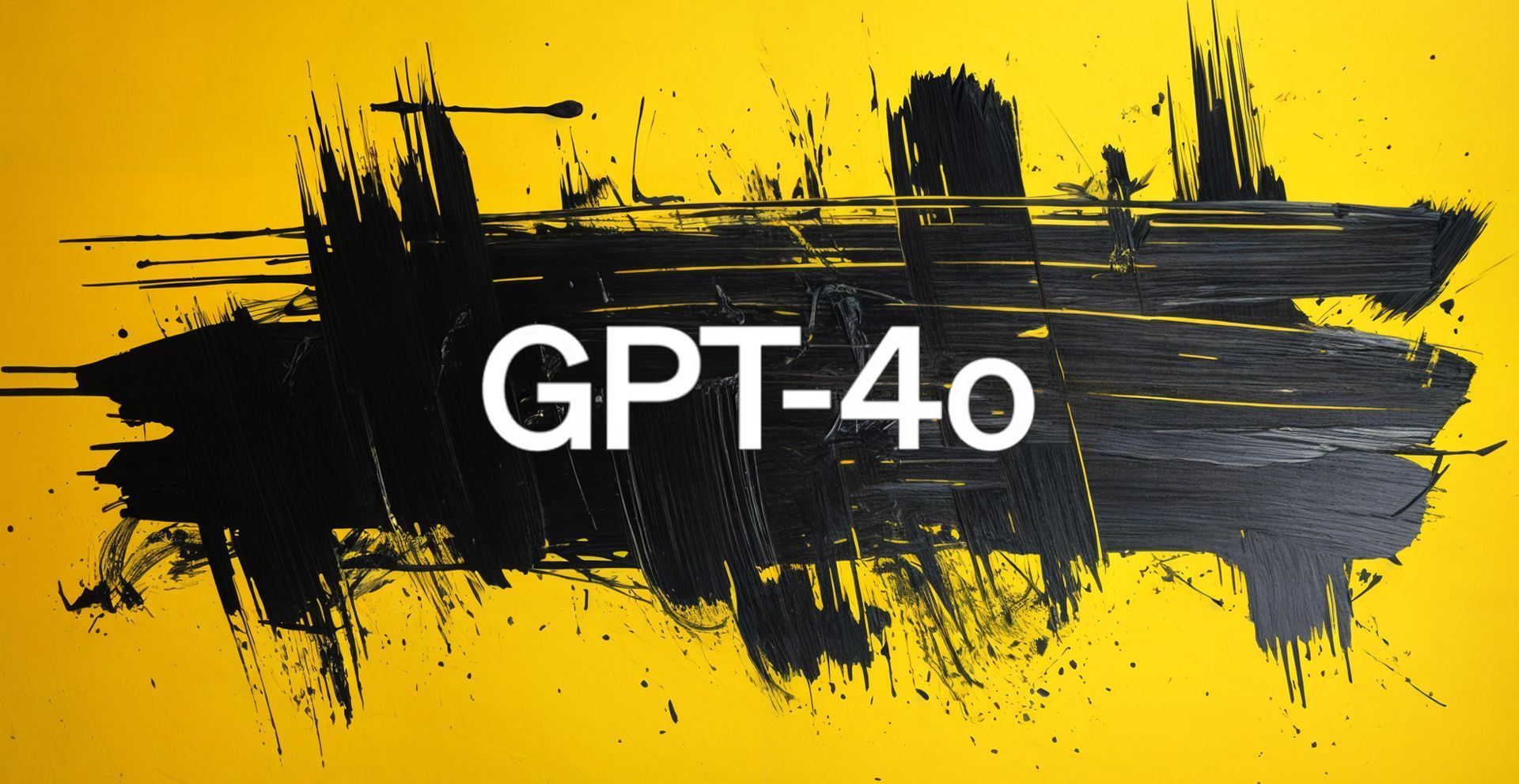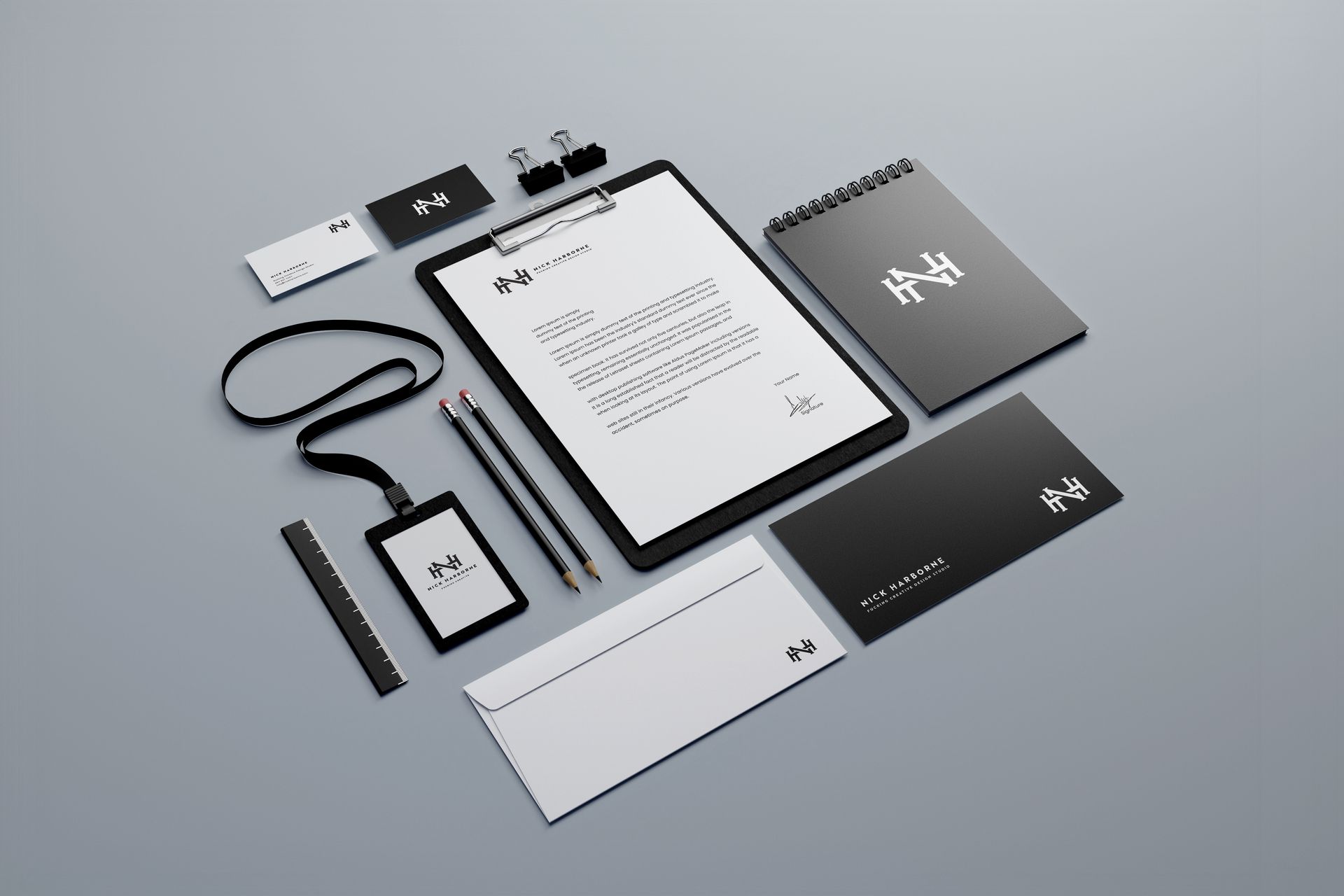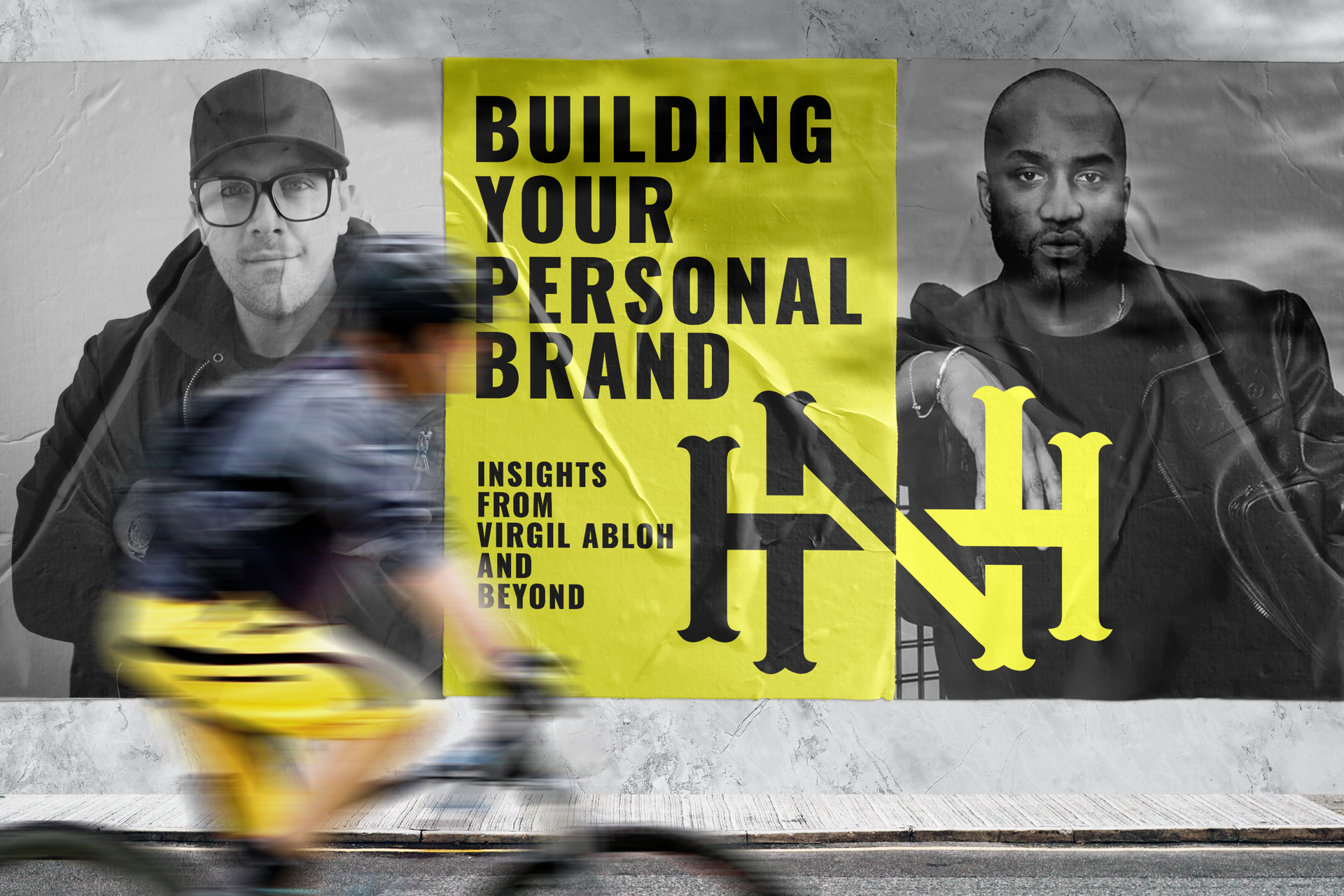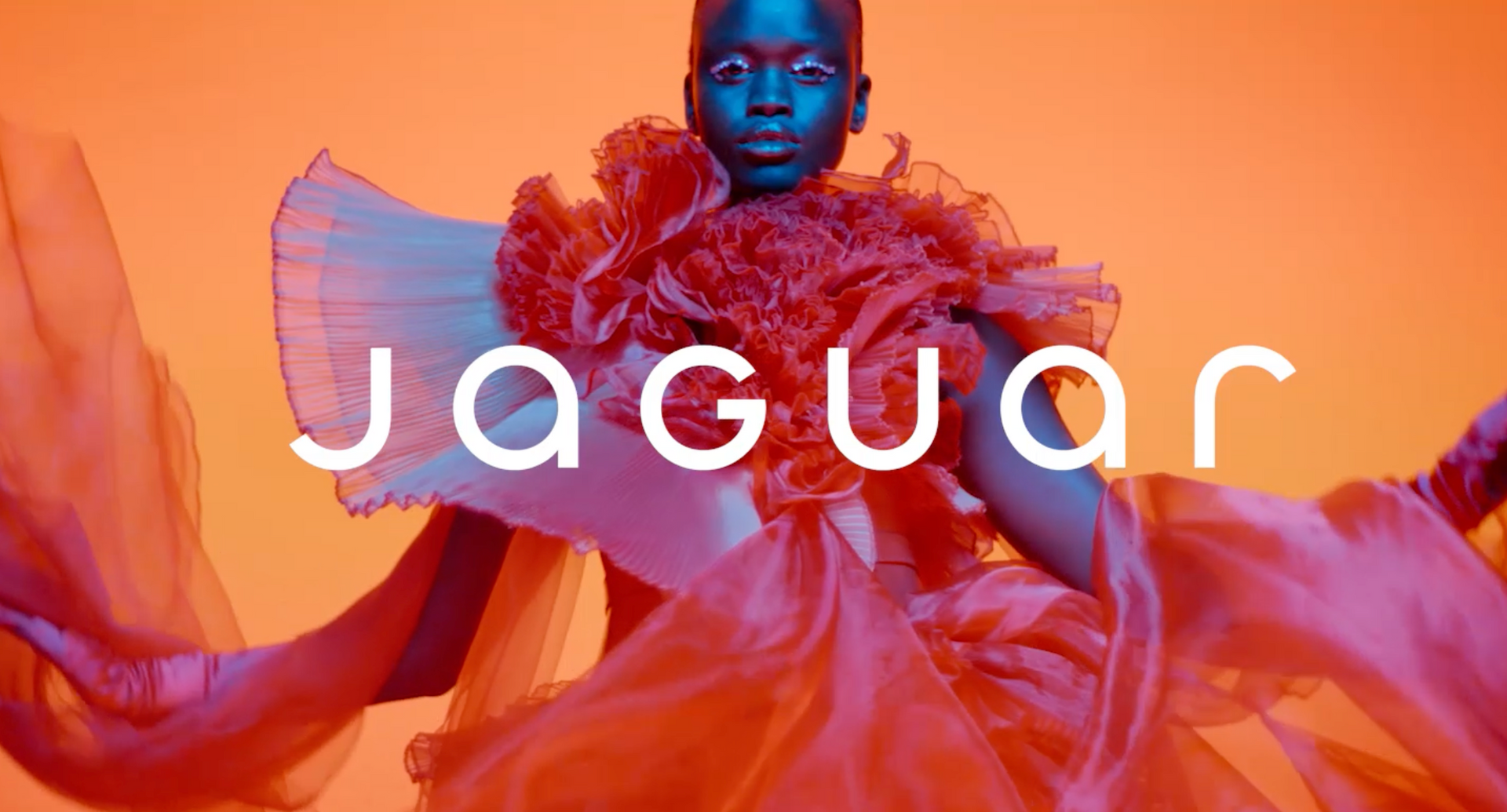Building Your Personal Brand: Insights from Virgil Abloh and Beyond
In today's competitive landscape, building a personal brand is more important than ever. Your personal brand is how you present yourself to the world, showcasing your unique skills, experiences, and personality.
It's what sets you apart from others and can open doors to new opportunities, build credibility, and foster professional growth. Few exemplify the power of self-branding like Virgil Abloh. His journey offers valuable lessons for anyone looking to enhance their personal brand. Here’s a comprehensive look at why promoting yourself is crucial today, with insights from Abloh and other inspirational figures.
The Benefits of Personal Branding
1. Increased Visibility and Differentiation
A strong personal brand helps you stand out in your industry. It increases your visibility and makes it easier for people to find and remember you. By highlighting your unique strengths and experiences, you can differentiate yourself from the competition and attract opportunities that align with your goals.
2. Credibility and Trust
An authentic and consistent personal brand builds credibility and trust with your professional network. When people see a well-defined brand that reflects your values and expertise, they are more likely to trust and respect you. This credibility can lead to more job offers, partnerships, and collaborations.
3. Career Opportunities
A well-developed personal brand positions you as a thought leader and expert in your field. This can attract job offers, speaking engagements, consulting gigs, and other professional opportunities. Employers and clients are more likely to reach out to someone who has a clear and compelling personal brand.
4. Professional Growth
Personal branding encourages you to continuously learn and develop new skills. To maintain a strong brand, you need to stay updated with industry trends and advancements. This ongoing learning process can lead to career advancement and increased earning potential.
5. Control and Flexibility
By building your personal brand, you control how others perceive you. This control allows you to steer your career in the direction you want, whether it's transitioning to a new field, starting a business, or taking on freelance work. A strong personal brand gives you the flexibility to explore different career paths and opportunities.
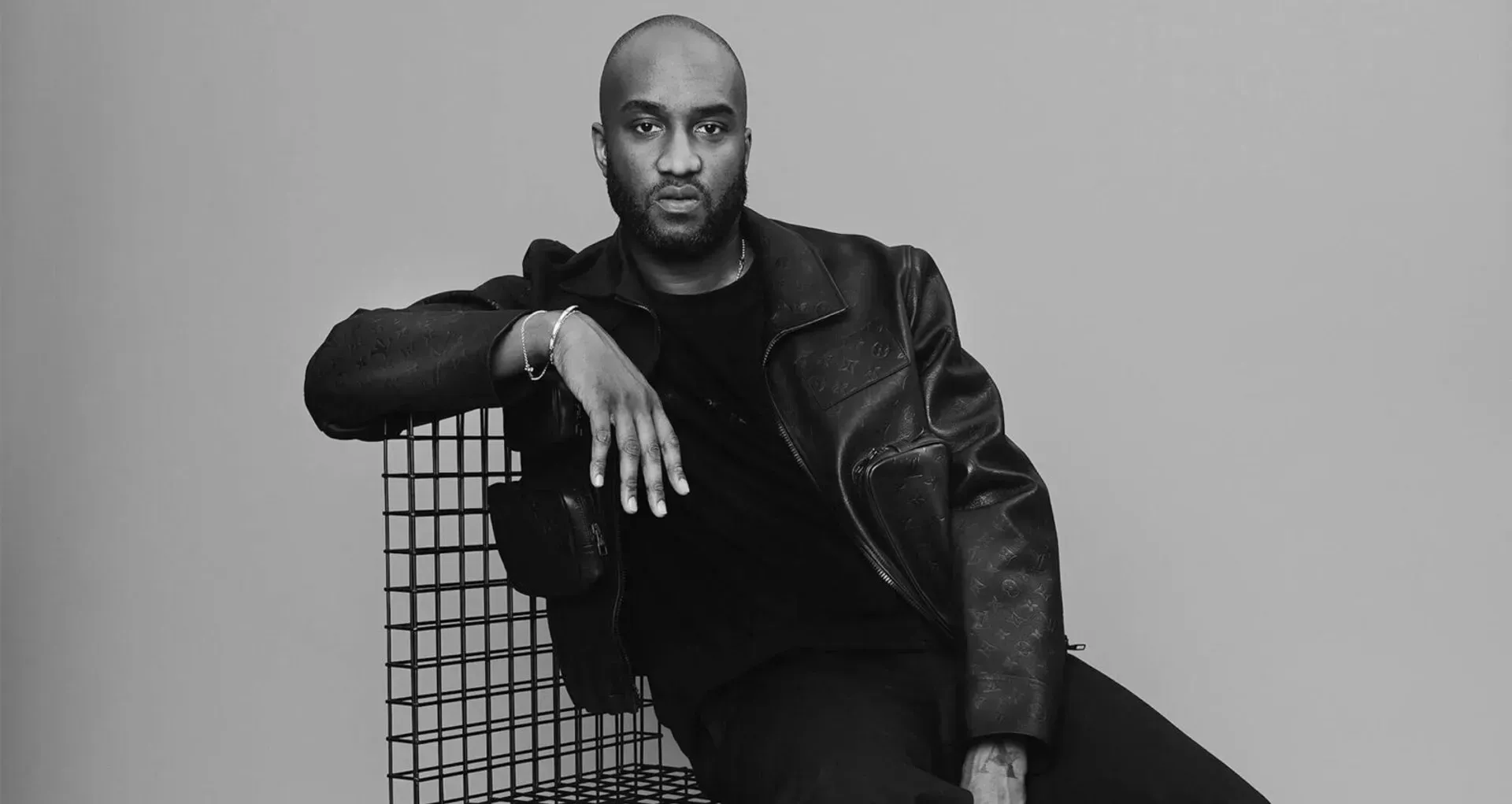
Virgil Abloh's Approach
to Personal Branding
1. Authenticity and Vision
Virgil Abloh's brand was built on authenticity and a clear vision. He believed that your brand name and identity should be a true reflection of who you are and what you stand for. This authenticity helped him resonate deeply with his audience and maintain a consistent message across all platforms.
2. Inclusivity and Community
Abloh's commitment to inclusivity and community was central to his brand. He broke barriers by advocating for diversity in fashion and mentoring young black designers through initiatives like "Free Game" and the "Post-Modern" Scholarship Fund. His approach showed that personal branding isn't just about self-promotion but also about uplifting others and fostering a sense of community.
3. Multi-Disciplinary Innovation
Abloh's work across different fields—fashion, music, and art—demonstrates the power of a multi-disciplinary approach. He integrated his diverse interests into his brand, creating a unique and compelling narrative that appealed to a broad audience. His collaborations with brands like Nike, Ikea, and Louis Vuitton showcased his ability to blend different cultural elements, making his brand both innovative and relatable.
4. Continuous Learning and Adaptation
Virgil Abloh's career is a testament to the importance of continuous learning and adaptation. Despite his success, he remained open to new ideas and constantly evolved his brand. His willingness to start new ventures and adapt existing ones kept his brand fresh and relevant.
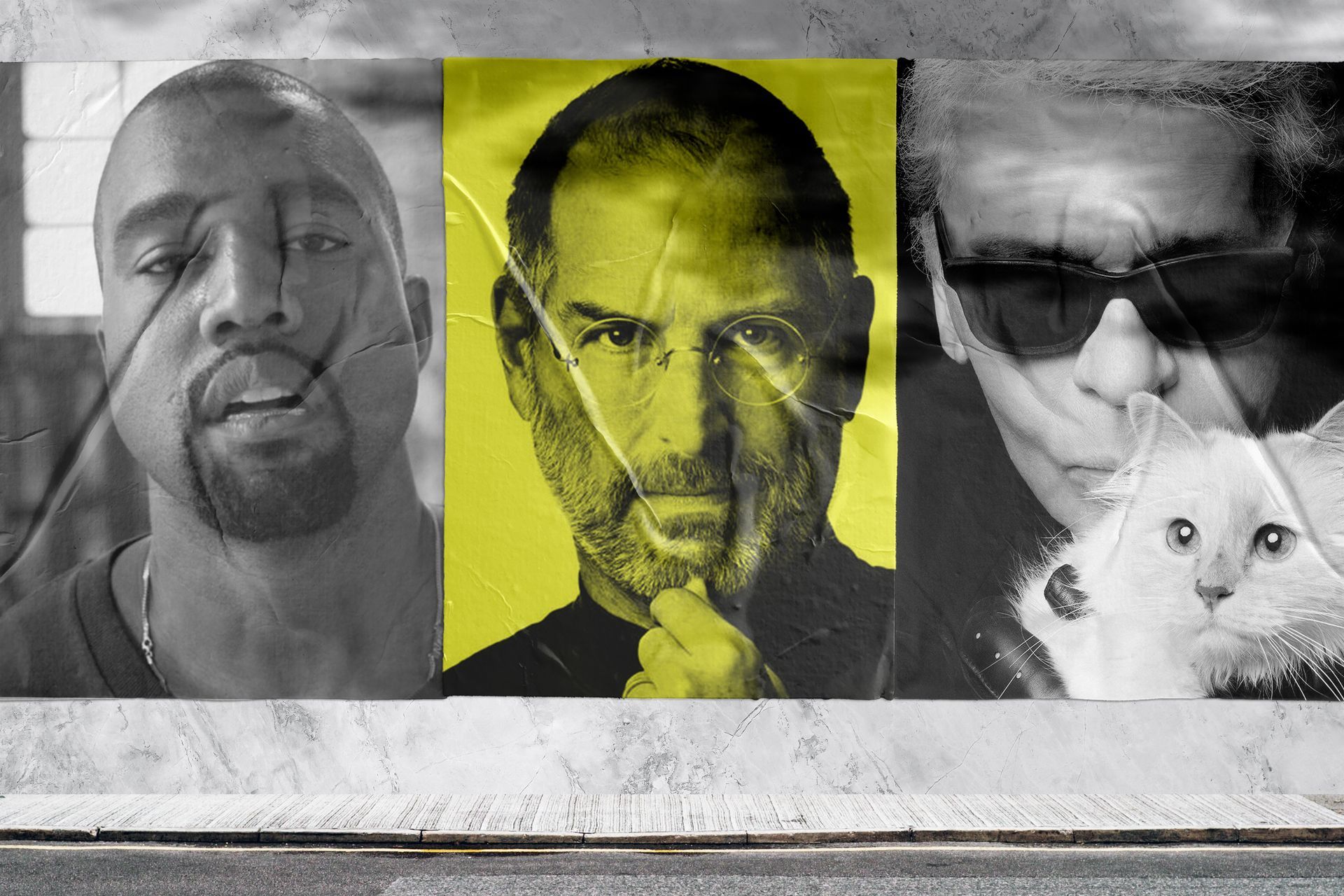
Lessons from Other
Inspirational Figures
Kanye West
Like Abloh, Kanye West has successfully built a personal brand that transcends music. West's ventures into fashion and design, combined with his bold personality, have made his brand synonymous with innovation and creativity. His collaboration with Abloh at Fendi, despite earning only $500 a month, underscored the value of gaining experience and learning from industry leaders.
Steve Jobs
Steve Jobs' personal brand was built on innovation and a relentless pursuit of excellence. His vision for Apple was not just about creating products but about shaping a culture of creativity and simplicity. Jobs' focus on design and user experience has left a lasting legacy that continues to influence the tech industry.
Karl Lagerfeld
Karl Lagerfeld, much like Abloh, was a prolific designer who left an indelible mark on the fashion industry. His ability to reinvent himself and his designs kept him relevant throughout his career. Lagerfeld's work at Chanel and Fendi showed that a strong personal brand can sustain and evolve over decades.
Conclusion
Virgil Abloh's story highlights the importance of building a personal brand that is authentic, inclusive, and adaptable. By learning from his approach and the examples of other successful figures, you can create a powerful personal brand that not only sets you apart but also resonates deeply with your audience. Promoting yourself isn't just about gaining visibility; it's about creating a lasting impact and opening doors for future opportunities.
Investing time and effort into building your personal brand can provide a significant advantage in your career growth and long-term success. It's about showcasing who you are, what you stand for, and what you can offer to the world.
Start building your personal brand today and unlock the endless possibilities that await you.

